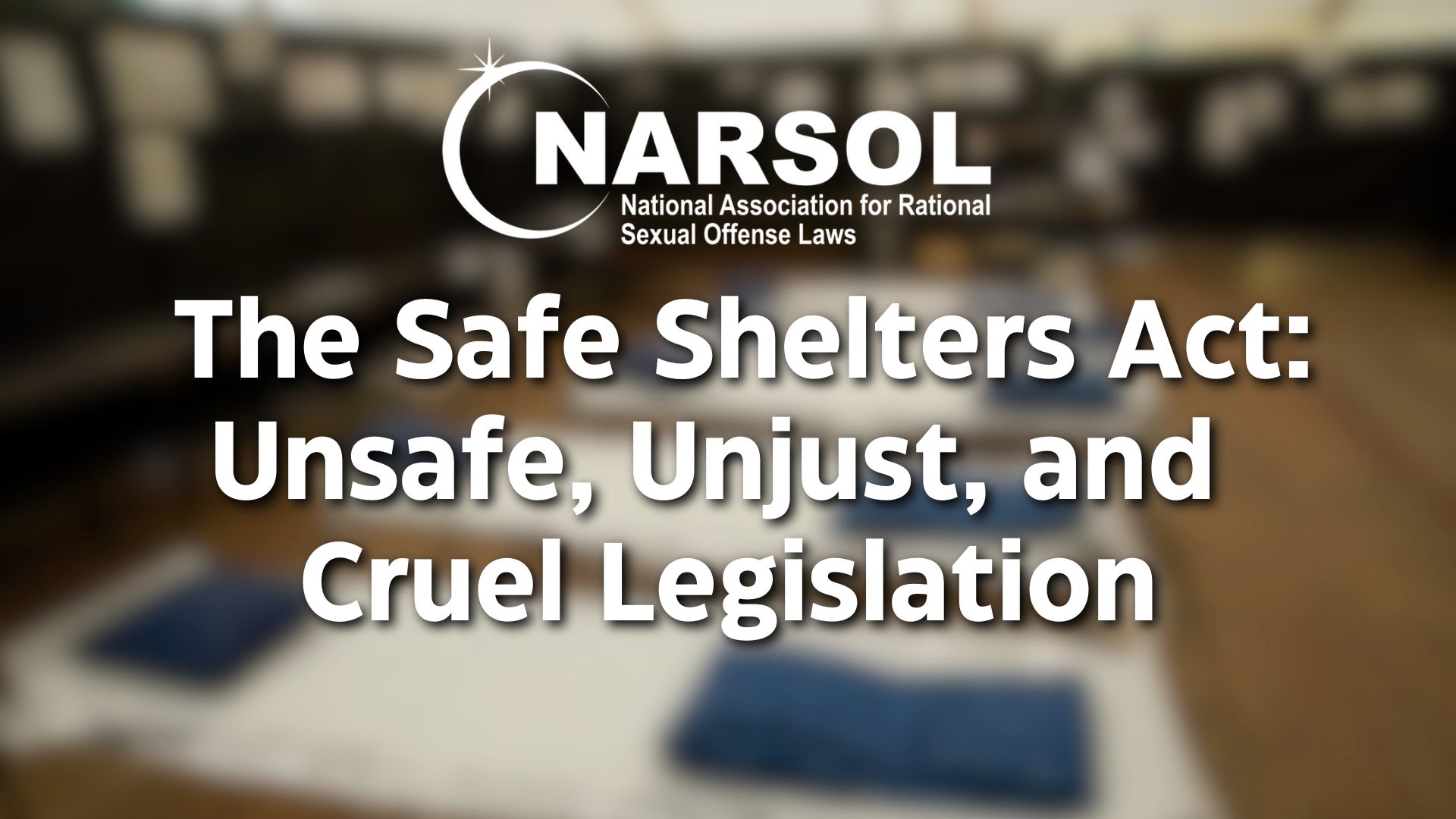Full Seventh Circuit reverses previous findings and finds Indiana SORA not discriminatory on basis of residence
By David Wells . . . A divided Seventh Circuit Tuesday upheld an Indiana law that opponents claim is unfair to sex offenders who moved to Indiana.
Indiana’s “Sex Offender Registration Act,” also known as SORA, contains a provision that says that a sex offender moving from another state into Indiana will be subject to registry requirements even if the requirement was imposed before the enactment of the law.
This is juxtaposed by the law’s treatment of sex offenders who either are or remained Indiana residents, as they are not required to register if they were under no obligation to do so prior to SORA’s passing.
This portion of the law spawned a challenge from six sex offenders who after moving to Indiana, where required to register solely based upon the fact that they were required to register in another state. All six offenders’ crimes were committed prior to the passing of SORA.
However, in a 7–3 ruling Tuesday, the Seventh Circuit found that the law did not violate the constitution or an offender’s right to travel.
“The plaintiffs argue that SORA violates their right to travel by treating them differently based on their length of residency in Indiana. We disagree,” U.S. Circuit Judge Amy St. Eve, a Trump appointee, wrote in the opinion for the majority. “SORA may affect newer residents disproportionately, but it does not discriminate based on residency. Consequently, it does not violate the right to travel as the Supreme Court has articulated it.”
The ruling, which was made available Tuesday, comes after a three-judge panel of the Seventh Circuit had originally struck down the law. The case was appealed to be heard before the entire court in an en banc hearing that took place in May.
In their ruling, the majority decided that SORA does not violate the plaintiffs’ right to travel, because the law itself does not levy a requirement of residency.



This piece makes no mention the full panel sent the equal protection case(s) back to the circuit court for review. All of these plaintiffs may not have signed the standardized waiver of civil rights in their individual cases. I suspect that new review will emphasise that point. States are also compelled to recognize marriage decrees from other states, same deal here with respect to the standardized waiver freely and intelligently entered into.